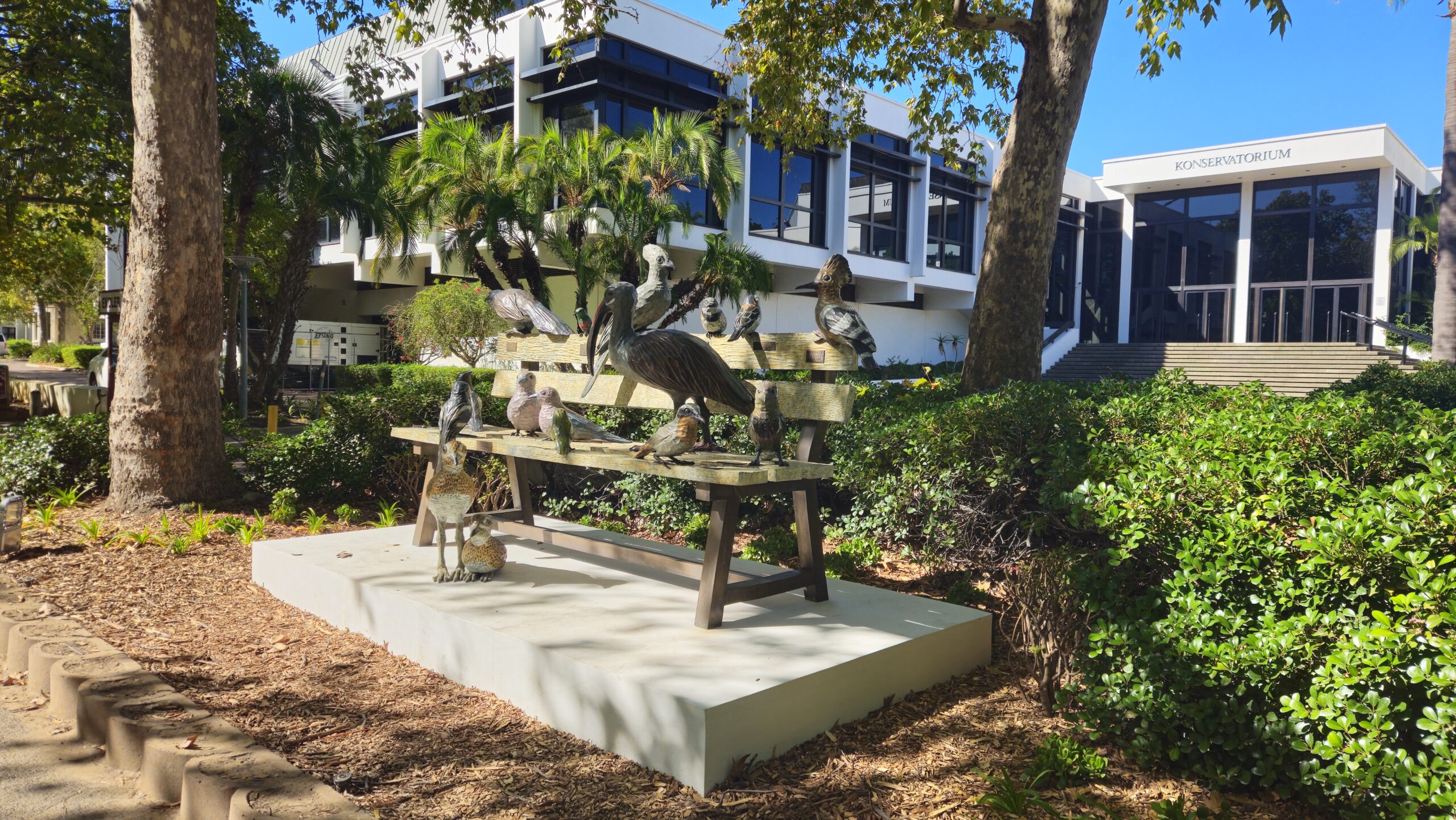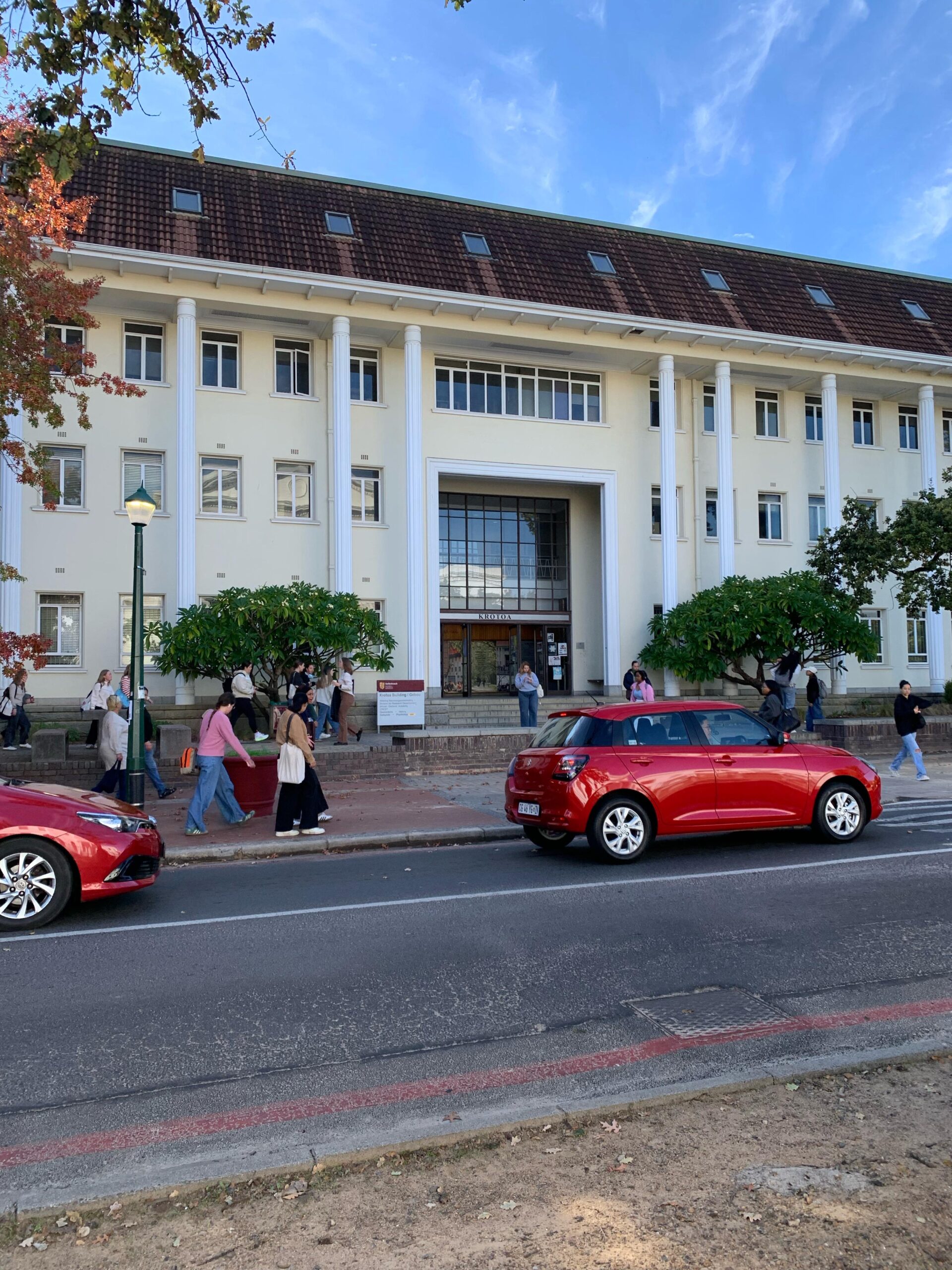Dané Dooge & Kara van der Berg
The budget speech given by Malusi Gigaba, former Minister of Finance, indicated that a spike tax is needed in South Africa in order to improve the debt ratio.
The aim is to do this by cutting expenditure as well as balance this with increasing tax revenue, so South Africa can grow economically.
Every household in South Africa will pay additional tax, mostly as a result of VAT (Value Added Tax) increasing from 14% to 15%, which will be effectuated on 1 April 2018.
As VAT will rise to 15%, it may, at first glance, seem quite substantial, however that is not the case. It does impact consumers on a wide area, but not as drastically as one may think.
Die Matie spoke to Remerta Basson, a lecturer at the School of Accountancy, to gather insight to the increased VAT and how this will impact students.
“The most controversial thing that happened [at the 2018 Budget Speech], which is something that has been a long time coming, was the increase of the VAT rate. VAT used to be 14%, but it is going up to 15%. What that means is that if there is VAT on a product or a service that you as a student are buying or using it will be affected by the new VAT rate.
“For example, when bearing in mind the 15% tax hike, an item that is sold for R100, will now be increased to R100,88. To work the new price out, you simply take the price of the item which you would like to buy, which is subject to VAT, and multiply it by 115 over 114 (R100 × 115/114 = R100,88),” said Basson.
“Even though there is a tax increase, there are certain things that are exempt from VAT. Those things for example are 19 of the basic food items (e.g. bread, maize meal, rice and eggs) as they are zero-rated for VAT.
“Another important thing to remember is that tuition fees for the university are also exempt from VAT. That means you will not have to pay more for your education in terms of university fees when the VAT increases comes into play.
Even though tuition fees are not subject to VAT, textbooks and, for example, Huisfondsdans tickets are subject to VAT increases, which means these prices will also increase slightly,” Basson said.
Accomodation is not subject to tax increase. Public transport is also exempt from taxes and therefore do not have to be taken into consideration when planning around the new tax laws.
VAT isn’t the only thing that should be kept in mind when it comes to budgeting. Another change announced during the Budget Speech is the increase of the so-called ‘sin tax’.
Wine will cost you 30c more per litre, with duties increasing from R3.61 to R3.91/litre. Smokers will be paying R15.52 in tax per box of 20 cigarettes, an 8.5% increase from the current rate of R14.30.
A health promotion levy, which taxes sugary beverages, will also be implemented.
In this case, you would pay approximately 50c more than usual for a 500ml can of Coke. The ‘sugar tax’ is also set to be effectuated on 1 April.
In essence, the changes are not that drastic, but it can impact your personal budgeting.



